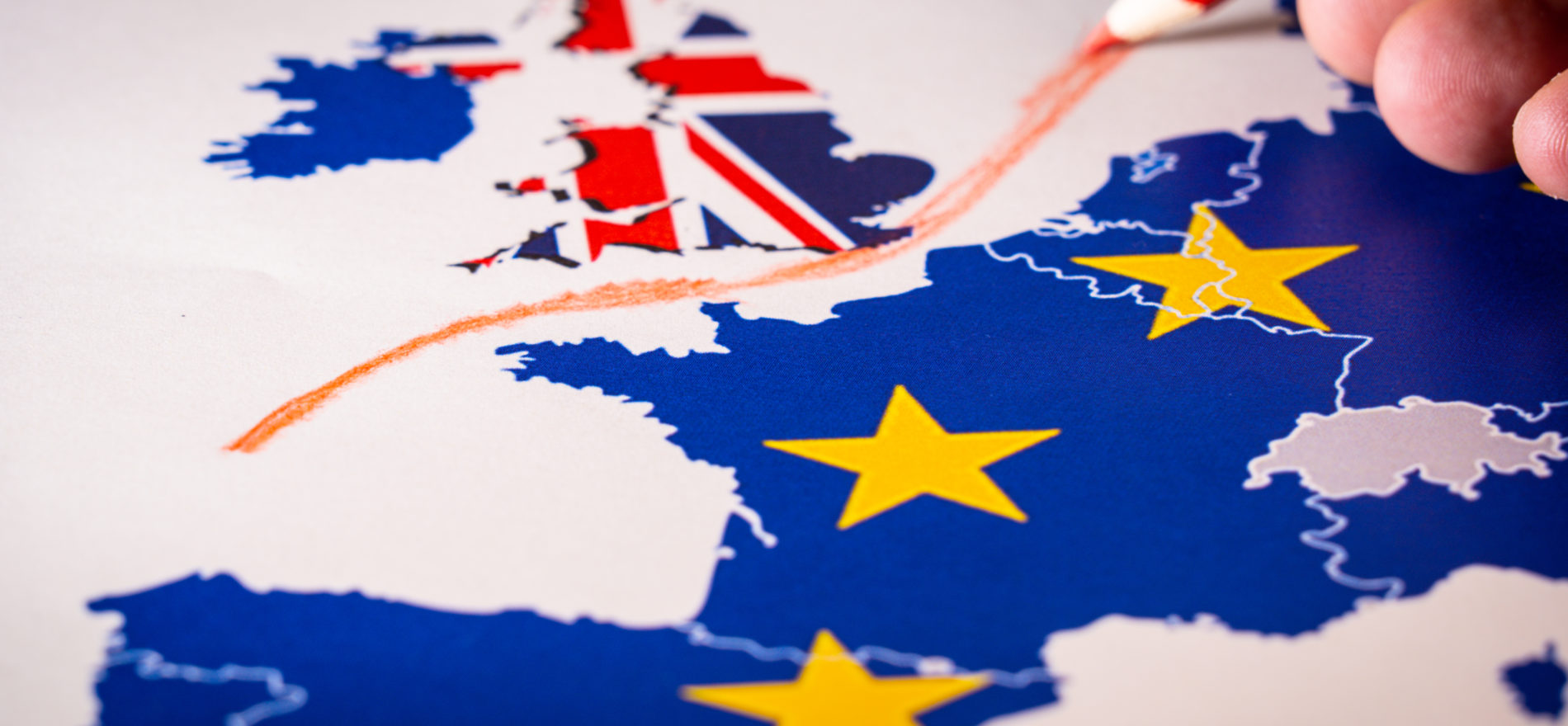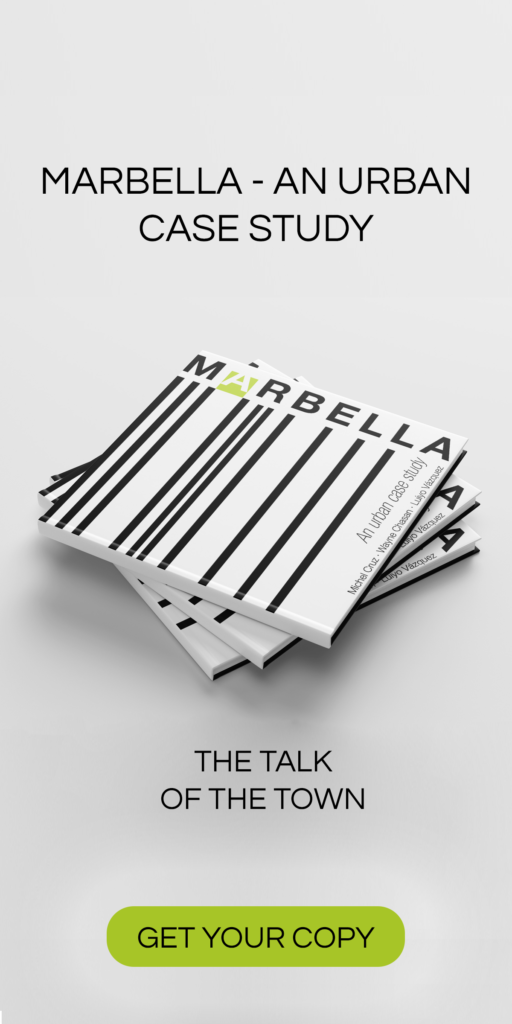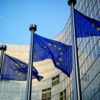Quite apart from the to and fro deliberations about Brexit and its many implications, it is interesting to ponder the concept of Britishness and how this has led directly to the process we’re now witnessing.
Ok, I’ll say it: Brexit is inextricably linked with the uniquely British sense of identity as a concept of being ‘different’. Of course, we’re all different; different individually, by nationality, etcetera, but the British have a sense of differentness that forms the very core of their national identity. It’s not for nothing that Brits are not exactly famous for learning languages or assimilating into host cultures, and the fact that anyone who is not British is forever a foreigner – even if it is the Briton who resides in someone else’s country – reflects a mentality that is, indeed, very different from most modern nations.
The beef with the EU
Brexit is about dissatisfaction with the EU, but really comes from a different place. The practical issues people have with the EU are firstly not shared by all Britons and secondly, are felt equally strongly among much of the population of Northwestern Europe. They centre above all upon factors such as loss of national identity and sovereignty, unnecessary bureaucracy, red tape and waste. An oversized behemoth of an organisation that forces its will upon individual nations and does not listen to the public but wastes a lot of energy and resources on trivial and intrusive matters, as well as issues with corporatism, globalisation, oligarchy, security and uncontrolled immigration.
A lot of British people have issues with the above, but so do people across Europe. Many of the points of dissatisfaction shared by citizens, business owners, scholars and politicians are based upon tangible facts, others are exaggerated popular beliefs, but either way there is enough groundswell support not for the dissolution of the European Union but for its reform, to make this something that should indeed be on the table in the capitals of Europe – and above all in Brussels. The fact that this is not the case proves many of the detractors of the EU right in their criticism, yet so far only one country has enacted its own personal dissolution with the EU.
The relationship with the EU
What I am saying is that the ‘decision’ by the British public to leave the EU is not one grounded in rational facts and considerations, but driven by emotion, perception and nationalism. The fact that it was the UK and none of the other European countries that has enacted separation comes from Britain’s unique relationship with the EU, and this again is the product of the unique British sense of self-identity.
A little historical perspective is always enlightening in this regard. The UK never joined the EU out of any real desire to become part of Europe, but did so out of dire need. De Gaulle knew this and therefore wished to keep the British out of Europe, fearing that they would become a divisive force within the European Economic Community. Or worse, a Trojan Horse forcing America’s agenda upon Europeans still trying to hold on to a system of social democracy and buffering US-driven big business interests.
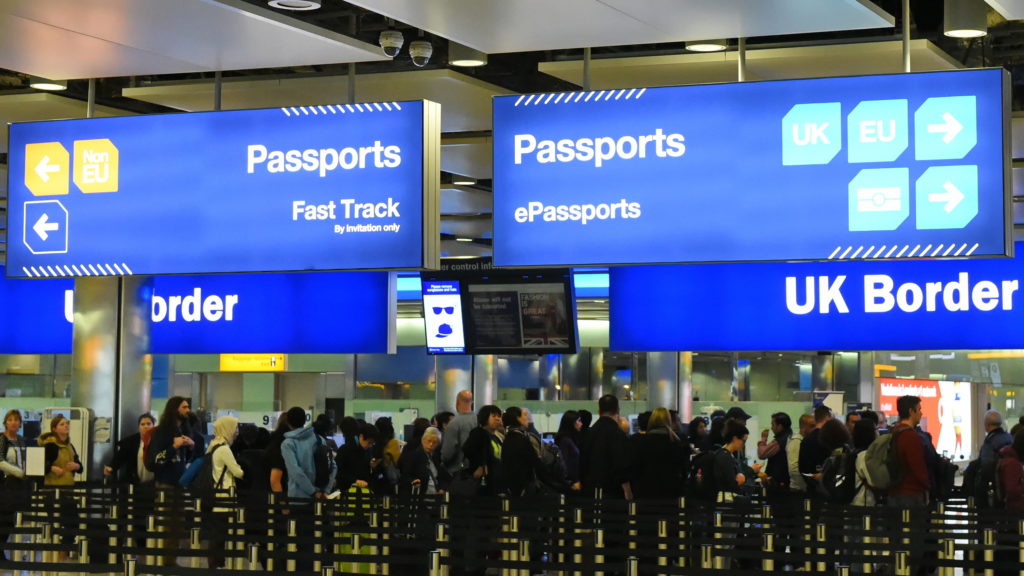
Economic recovery
The Britain that joined the EU was down at heel, suffering from a huge war debt to the US, the end of its colonial Mercantilist economic system (enforced through rapid decolonisation by those same Americans), an outdated infrastructure and crippling trade union activism. In short, it was woefully uncompetitive in the new global market and had fallen behind the modern, prosperous social democracies of Scandinavia, the Benelux, Germany and France. The UK joined the common market in 1973, having fallen behind Italy in per capita GDP, making it the fourth largest economy in Europe.
The years that followed were not easy, but through hard work and the amputating surgery of Margaret Thatcher the patient emerged healthy into the 1990s, with renewed vigour and self-confidence. In the ensuing years the UK would become the most business-friendly part of Europe, helped by flexible labour laws and an effective legal system, and London built upon its status as the global financial capital to also become the centre of interest for HNWIs from around the world, be they business tycoons or oligarchs.
Renewed assertiveness/arrogance
The renewed sense of assertiveness (if you’re British)/arrogance (if you’re not), is a subject of perspective – i.e. whether you’re on the giving or receiving end of it – but it was perhaps the greatest legacy left by Thatcher, whose conservative romanticism of a glorious Britain bathed in the light of her former imperial status seeped through British society – from the university halls and private gentlemen’s clubs to the pubs and football grounds. By the time the British television began adding the word ‘great’ to everything British, from Great British Cakes and Great British Potatoes to Great British Summer and Great British Swim, the population had been well primed to once again grab on to its unique identity of differentness – which in practise translates as specialness – and believe it could take on the world alone again, together with the USA.
The ‘Special Relationship’ fostered between Thatcher and Reagan plays a direct role in this process, as it gave the much-reduced Britain that had retreated ‘West of Suez’, a bolstered sense of power and importance in relationship to similarly sized powers such as France and Germany. The role created was that, together with the USA, Britain would protect the world from itself and fight the good fight for freedom and democracy, as seen in Afghanistan and especially Iraq, where said NATO allies France and Germany were publicly made out to be cowards for not wanting to engage in what has since been confirmed to be an illegal war in terms of international law and the very rules that the West is meant to hold dear. However, another outcome of the Special Relationship is that you will see no George Bush Jr. or Tony Blair at the International Court in The Hague, and yes, many believe that the true nature of the Special Relationship was Britain’s role in opening up the European continent to American corporatist globalist interests.
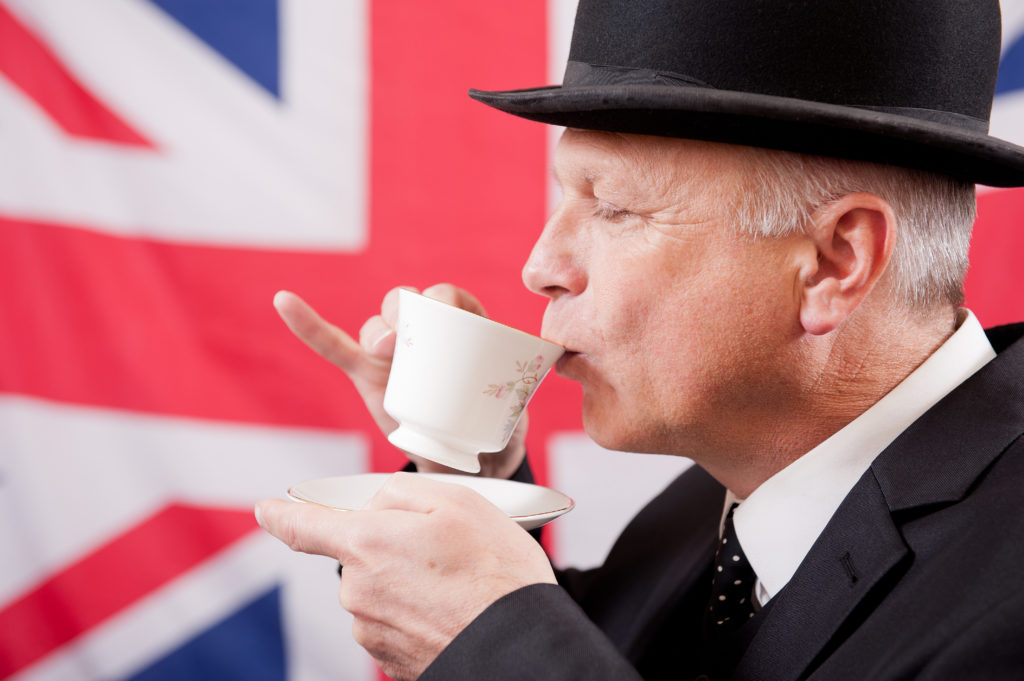
The British sense of being different
So, if De Gaulle is right and the British do not feel themselves to be European and only joined the EU of out need and in reality prefer the USA as a pragmatic partner, then is this because they really are different? The answer is no. Britain, like most European nations today, is made up of multicultural, multiracial individuals whose very core loyalties may in some cases not even be with their host nation, but even ethnic Britons in the pure sense are European ‘immigrants’ who at some point over the past several thousands of years have crossed the short distance from the mainland. In terms of DNA, Englishmen, Welshmen, Scots and Northern Irishmen represent a mix as seen in other parts of Western Europe, including Celtic associations with France, Basque-Iberian bloodlines, Roman influence and Germanic links with Scandinavia and Northwestern Europe.
The Gaelic languages reflect many of these ties, as does English, which evolved from the Low proto-German spoken in the area around the German Bight (the zone between northern Netherlands and Germany to west Denmark) as Angles, Jutes, Saxons and Frisians invaded the British Isles. Old and Middle English were similar in sound and structure to contemporary Dutch, and it is with the influence of French, from the Norman invaders of the 11th century, that the language acquired a softer tone and a greatly amplified vocabulary.
The Norman French would also be partly responsible for the creation of the unique sense of English nationhood, and indeed the equally idiosyncratic sense of French nationhood, for when a certain Norman French Duke called William conquered England in 1066, he set a train of events in motion. Becoming king of one country when you’re the duke of another, and vassal to its king, is a bit like Steve Jobs being CEO of Apple while also working as a director of Microsoft under Bill Gates. In other words, an untenable situation that eventually led to war. I’ll spare you the details of the Hundred Years War, but suffice it to say that when the Norman Plantagenet rulers of England lost the war to the Valois rulers of France, they saw their ties with Normandy severed and had to foster a sense of nationalism to survive.
Both England and France, as well as the concept of the nation state in general, emerged out of this conflict, which gradually saw the English monarchy and aristocracy replace French with English as their own language. In other words, Britain and its people and culture are intrinsically European and closely interwoven with Europe, but it is from this point onwards that the British/English sense of being different was promoted – pervading everyday life in everything from the language (as in the Great Vowel Movement) to the subtle but marked differences in how holidays, traditions and festivities are observed.
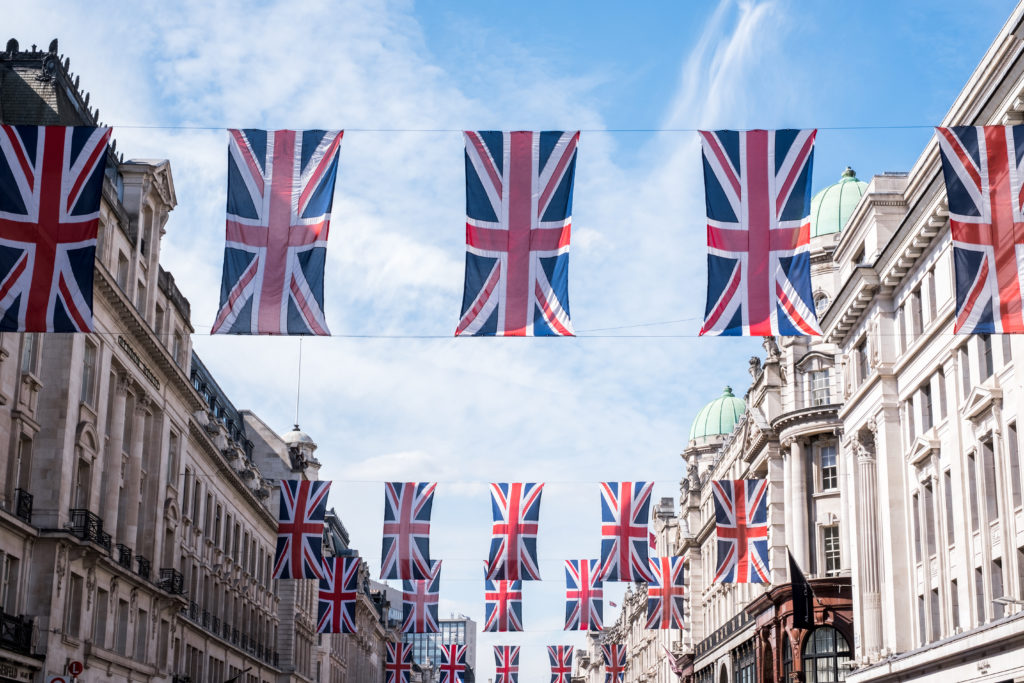
Britishness = Brexit
By Victorian times the British people felt truly different – and superior – to all, driven by no need to make concessions or get on with anyone else as they ran a great empire, but when the country joined the EEC in 1973 the situation had changed, and a humbled UK agreed to go metric and assimilate into modern Europe. De Gaulle’s objection was based on the belief that Britain harboured a “deep-seated hostility to any pan-European project,” and yes, from the outset it resisted many of the measures to which it had agreed when joining Europe. The British need to drive on the other side of the road or to cling to antiquated measures such as the mile and foot (both Roman), Fahrenheit (Polish-Silesian) and 14 pounds in a stone (English) worked as an obstruction to the European project from day one, and though the UK is officially metric even today there is a great deal of confusion as many are only familiar with the old system.
Such matters are symbolic of a Britain that never wanted to be in the EU, never felt European and believes it is separate and indeed superior to it. Germans are subtly different to the Dutch and the French, who are subtly different from the Italians, etcetera, but British people largely reject their European heritage in favour of an overexaggerated sense of national difference. In much the same way, the decision for Brexit wasn’t so much a factual one – for all the true facts and lies thrown about – but the product of a wave of nationalism driven by this sense of differentness that has defined the way the British see the world for a few centuries now. Most of us don’t much like the way the EU has gone, but the difference between the UK and the other European nations is that in the latter old-fashioned nationalistic chauvinism – or differentness – has largely disappeared. The fact that it is still strong in the UK is the ultimate reason behind the decision (51,7% vs 48,3%) to board a ship with no clear destination.

